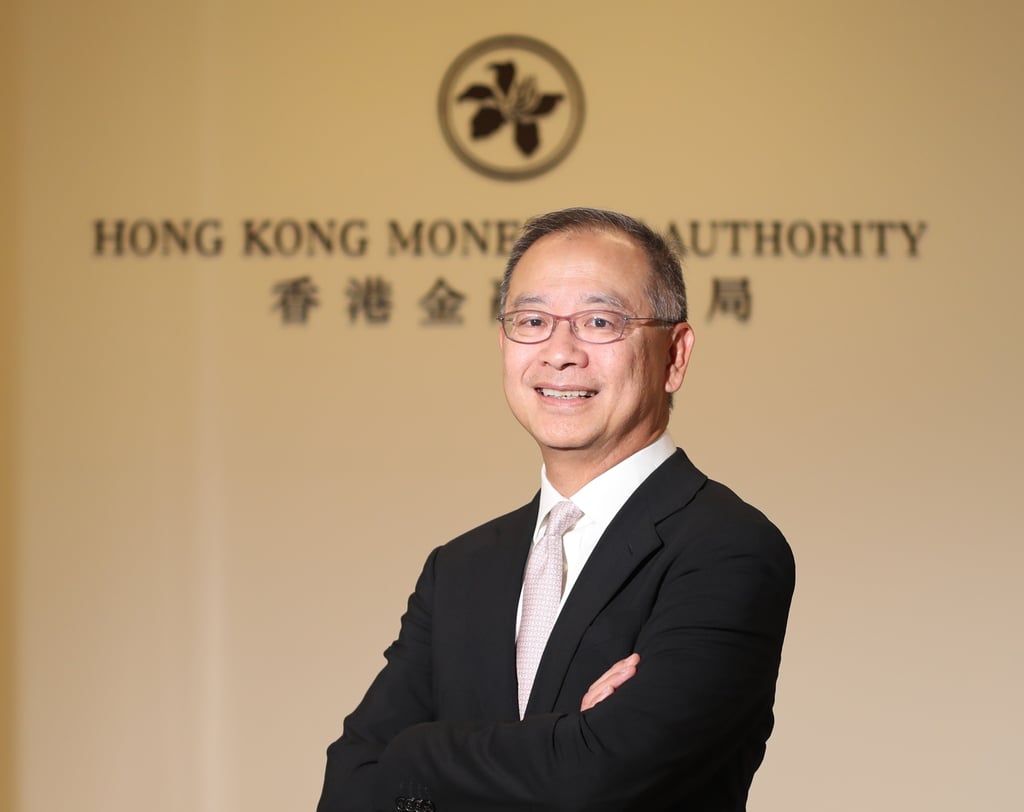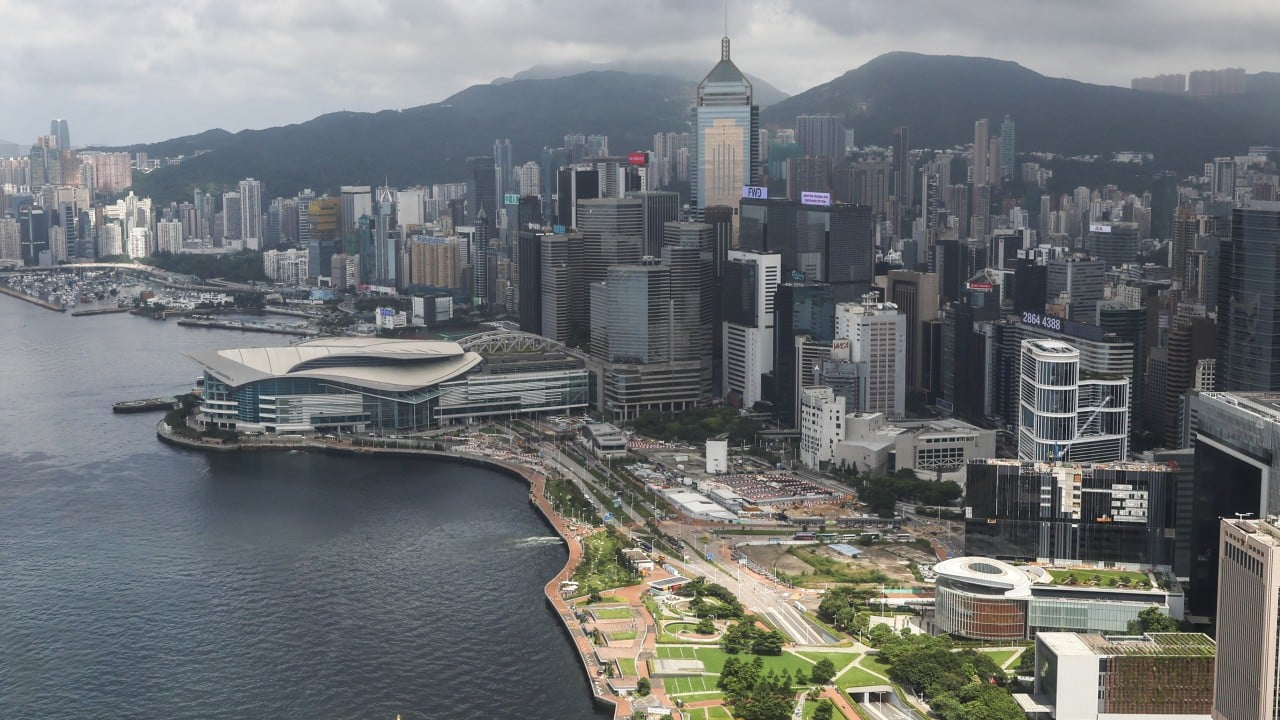The Hong Kong Monetary Authority (HKMA) is simplifying the structure of the local banking system, cutting the city’s existing three-tier banking system into two, as part of its biggest reform in four decades.
The 12 existing deposit-taking companies (DTCs) licensed by the HKMA will have to either upgrade to join the second tier and become restricted licence banks in the next five years, or they will have to exit the market voluntarily, according to a statement from the de facto central bank on Monday.
The changes come after the market responded positively to the HKMA’s three-month consultation that ended last September. Hong Kong’s three-tiered banking system was put in place in the early 1980s.
“We are pleased to note the broad support of the respondents to the proposed simplification of the three-tier banking system into two tiers,” Eddie Yue Wai-man, CEO of HKMA, said in the statement.
“The HKMA will provide guidance to the DTCs in their transition [and] will work with the relevant parties to prepare the proposed legislative amendments to implement the proposal.”

To make it easier for the DTCs to upgrade, the HKMA said it does not intend to ask them to submit fresh licence applications. They can convert into restricted licensed banks as long as they can meet the capital requirements and other thresholds at the end of the five-year transition period.
They will be allowed to roll over their outstanding deposits upon conversion into restricted licensed banks.
DTCs are the smallest of the three categories of banks in the city, which are normally owned by licensed banks and offer consumer finance, commercial loans or are involved in the securities business.
DTCs also have the lowest capital requirement at only HK$250,000 (US$32,000), but they can accept deposits of HK$100,000 or above, which must be held for at least three months. They account for less than 0.1 per cent of customer deposits in Hong Kong.
The biggest category in the three-tier system is the 160 licensed banks, which form the core of the local banking system and account for 99 per cent of deposits. They need to have a minimum capital requirement of HK$300 million, can accept deposits of any amount and offer a full range of banking services.
The second tier comprises 15 restricted licence banks – mainly merchant banks serving the capital market. They need to have at least HK$100 million of capital and can take deposits of HK$500,000 or more.
The move would “revitalise institutions in the category of deposit-taking companies and enhance their flexibility and efficiency in conducting business and meeting customers’ needs”, Yue said in June last year when the HKMA proposed the consultation.
Several DTCs are associated with major lenders. They include BCOM Finance (Hong Kong), which is a unit of the mainland lender Bank of Communications, Fubon Credit (Hong Kong), a unit of Taiwan’s Fubon Bank, and Public Finance, which is part of Public Bank.
The number of DTCs and restricted licence banks has shrunk from 200 in 1993 to 27 at present, while their total market share by assets has declined from 5.8 per cent to less than 1 per cent.
The HKMA has not received any application for a DTC since 2009.


